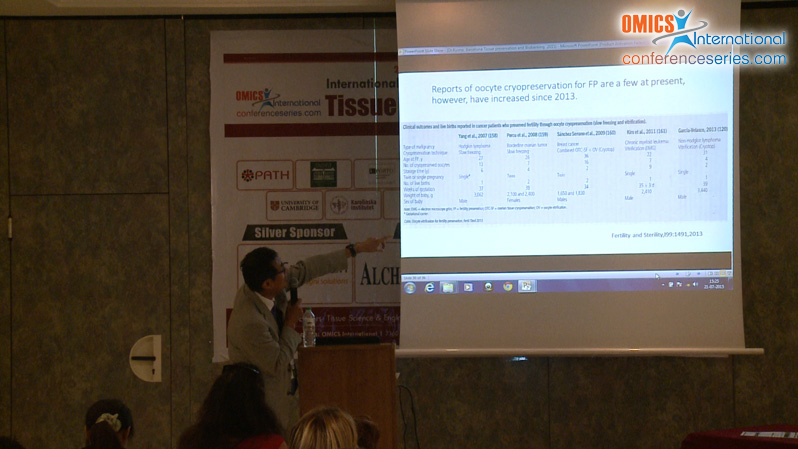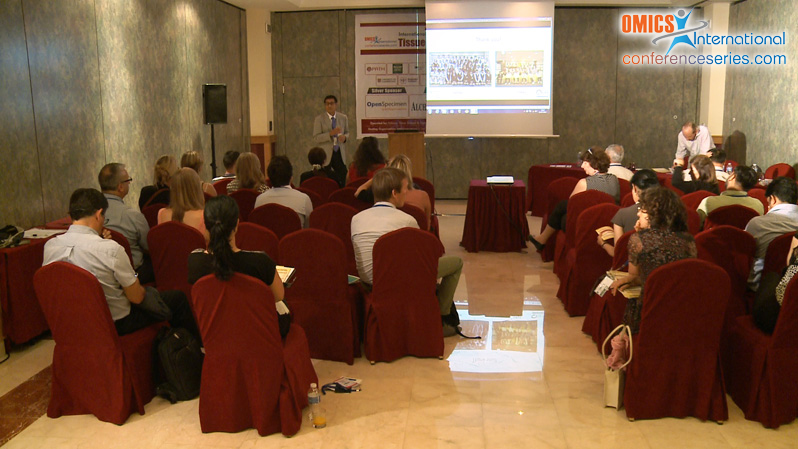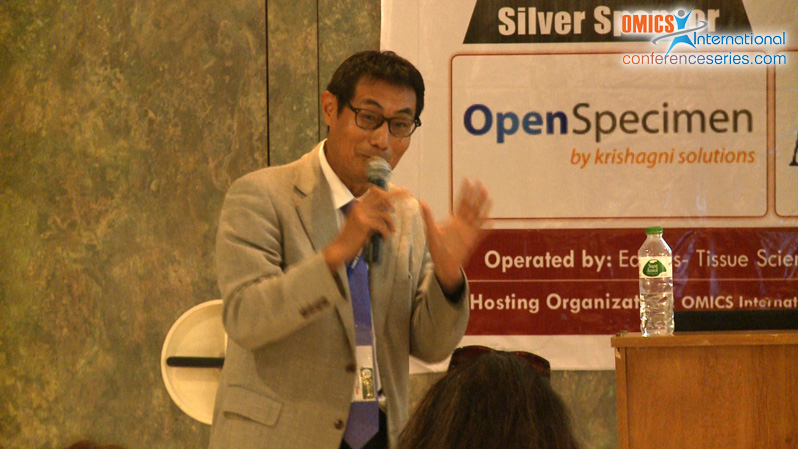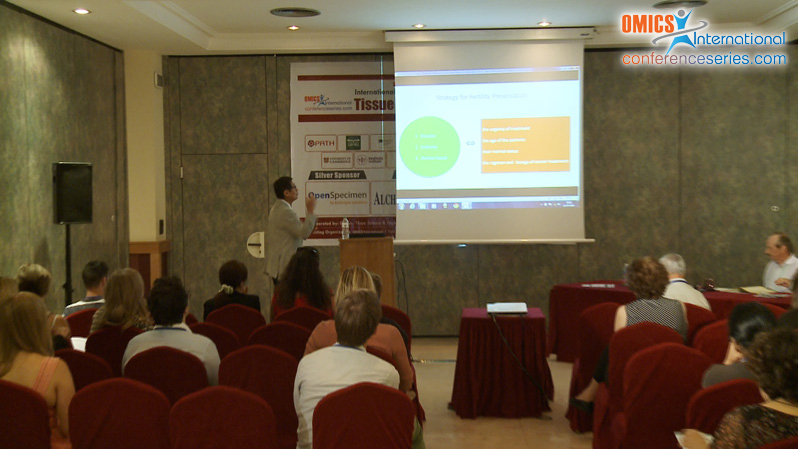
Koichi Kyono
Kyono ART Clinic, Japan
Title: Safety of frozen-thawed ovarian tissue (FTOT) auto-transplantation following cryopreservation in terms of minimal residual diseases for cancer patients and its accuracy of analysis
Biography
Biography: Koichi Kyono
Abstract
Approximately 30 babies have been born following auto-transplantation of FTOT from cancer patients. We reported ovarian metastasis (OM) by histology of 5,571 autopsy findings of females under the age of 40 in Japan. The percentage of OM was the highest in those with gastric carcinoma (55.8%) followed by colon cancer (26.6%) breast cancer (24.2%) pulmonary carcinoma (23.4%) malignant lymphoma (13.3%) uterine carcinoma (13.1%) and leukemia (8.4%). Bittinger et al (2011) demonstrated ovarian involvement in stage III Hodgkin lymphoma. The Belgian team detected malignant cells by histologic evaluation in 2 (6%) out of 32 patients with non-Hodgkin’s lymphoma, in the medulla (1/32) and in the cortex (1/32). Furthermore, the incidence of OM in breast cancer patients is common in advanced-stage. Dolman et al. (2012) evaluated the presence of residual leukemic cells in cryopreserved ovarian tissue by histology and quantitative reverse-transcribed polymerase chain reaction (RT-PCR). Malignant cells were found in 2 of 6 CML patients and 7 of 10 ALL patients by RE-PCR though, these were not found by conventional histological evaluation. Abir et al. (2010) evaluated ovaries from 8 patients with Ewing sarcoma by histology, immunohistochemistry and RT-PCR. No ovarian involvement was found in histology but RT-PCR analysis revealed the presence of cancer cells in one patient. Therefore, FTOT auto-transplantation following cryopreservation should not be performed if malignant cells are found by histology or RE-PCR. We recommend both histology and RT-PCR before FTOT transplantation in cancer patients.




